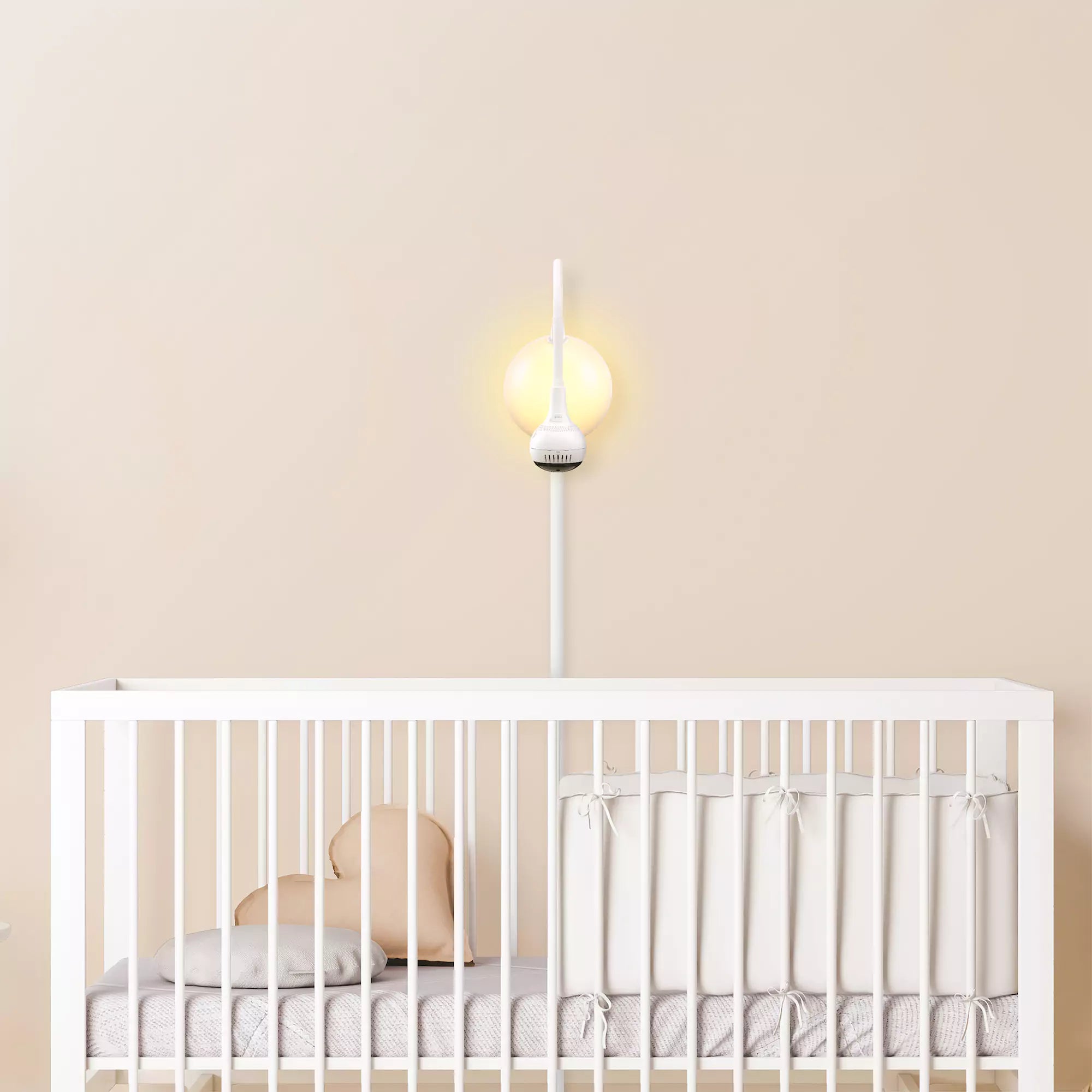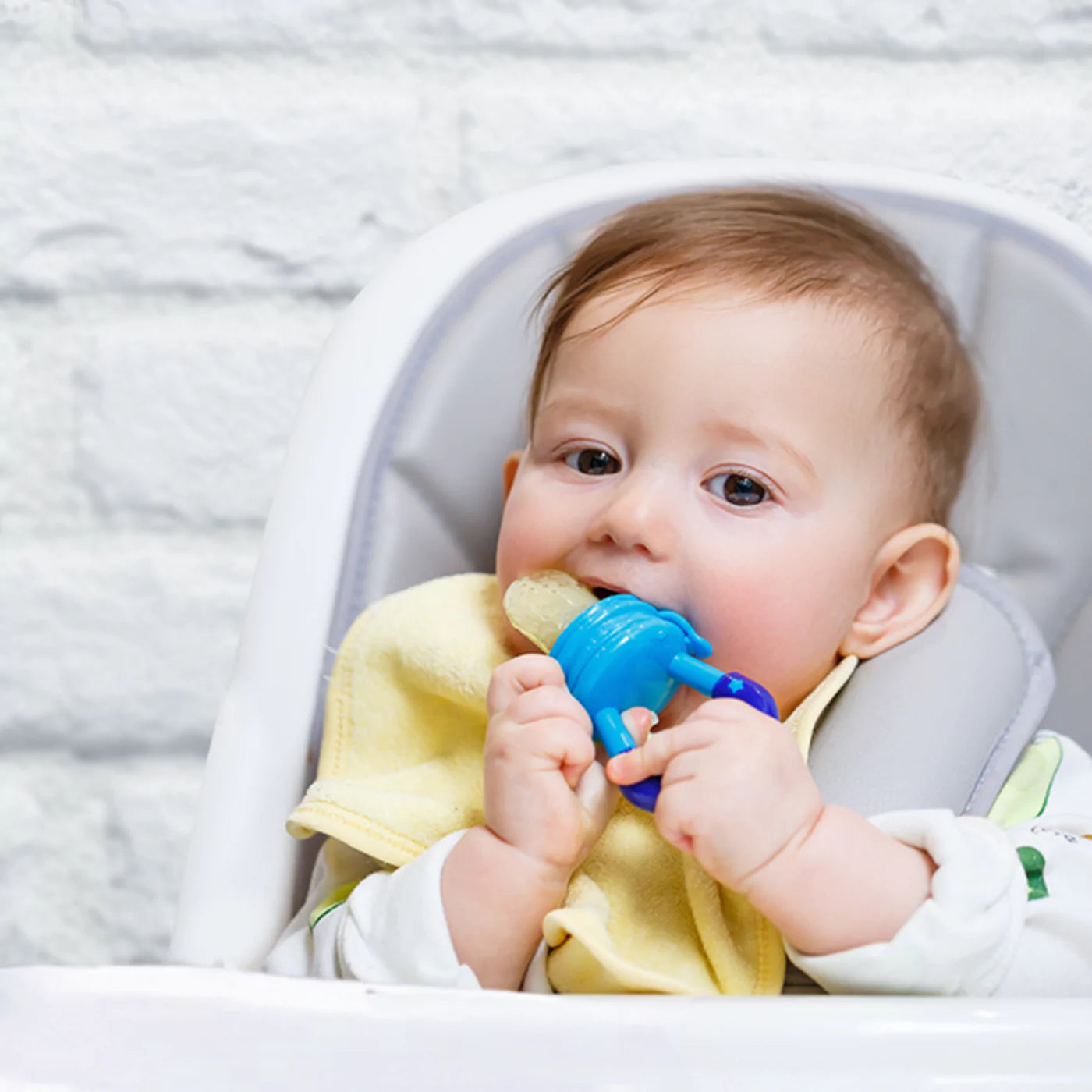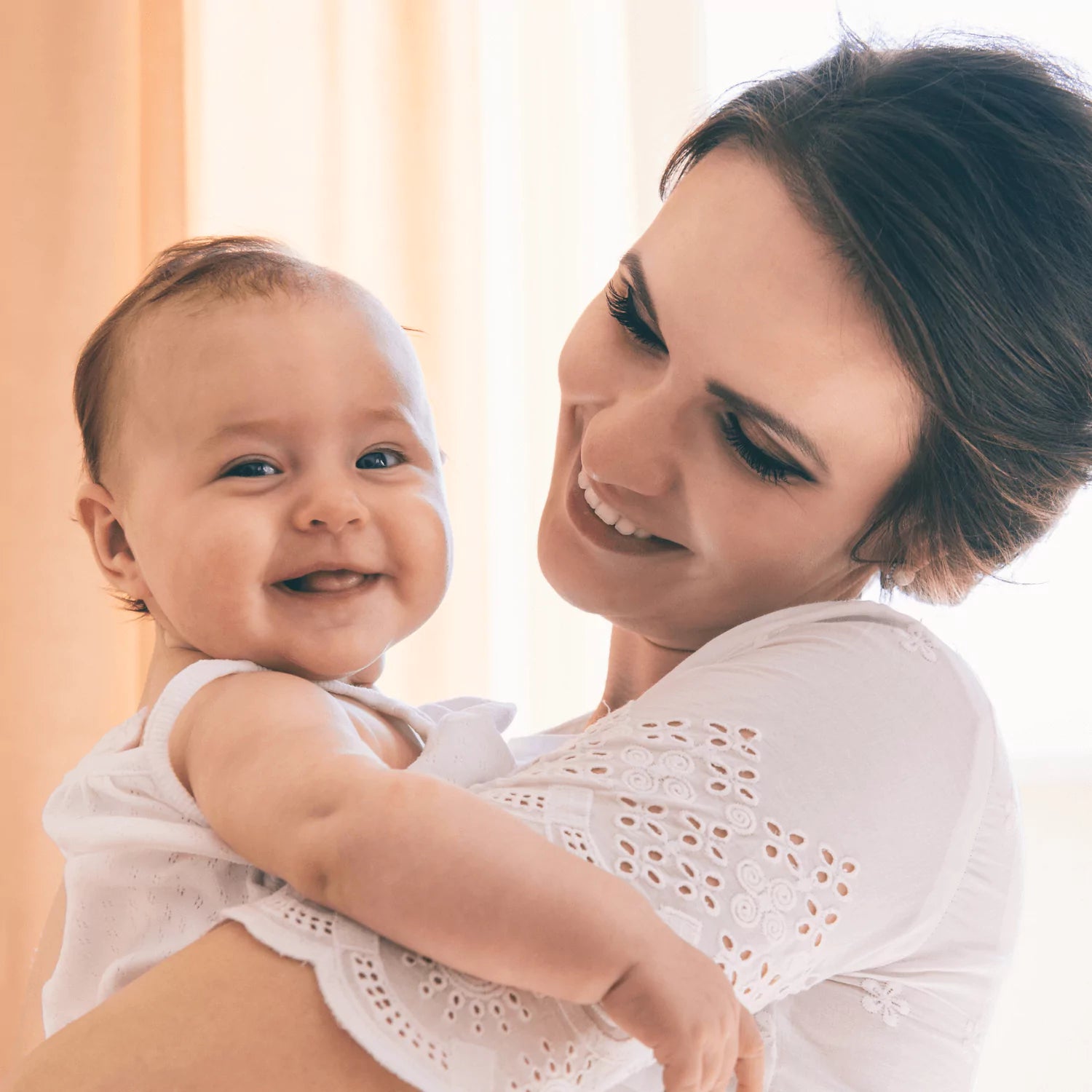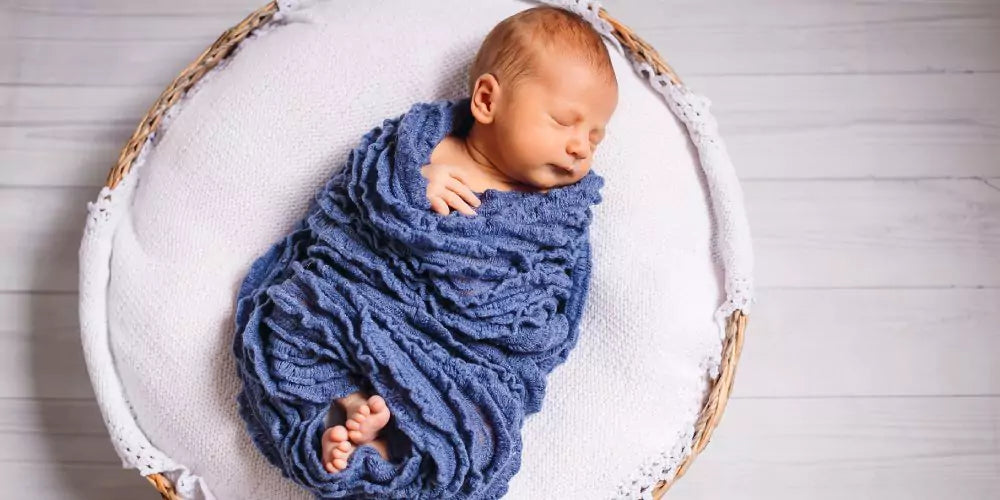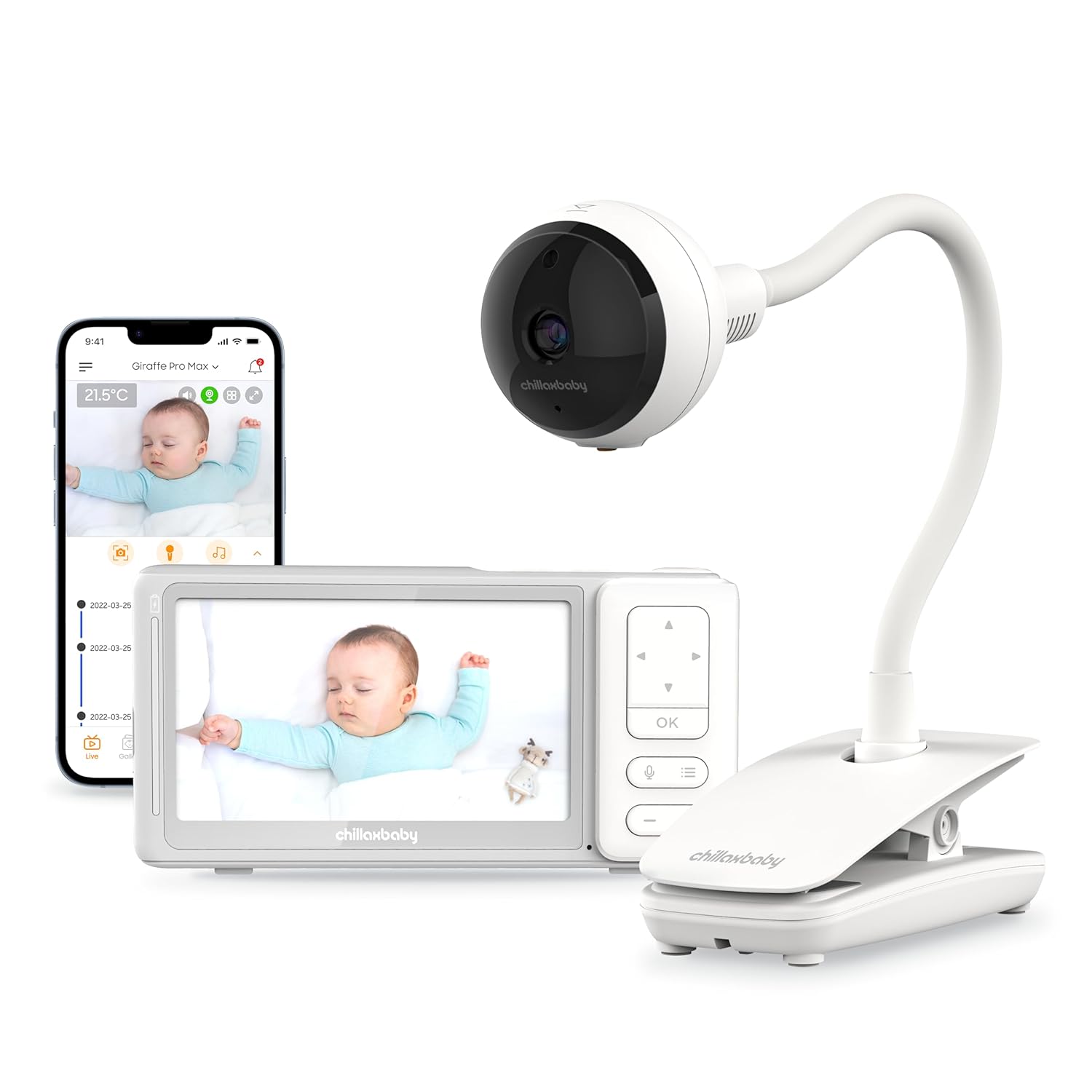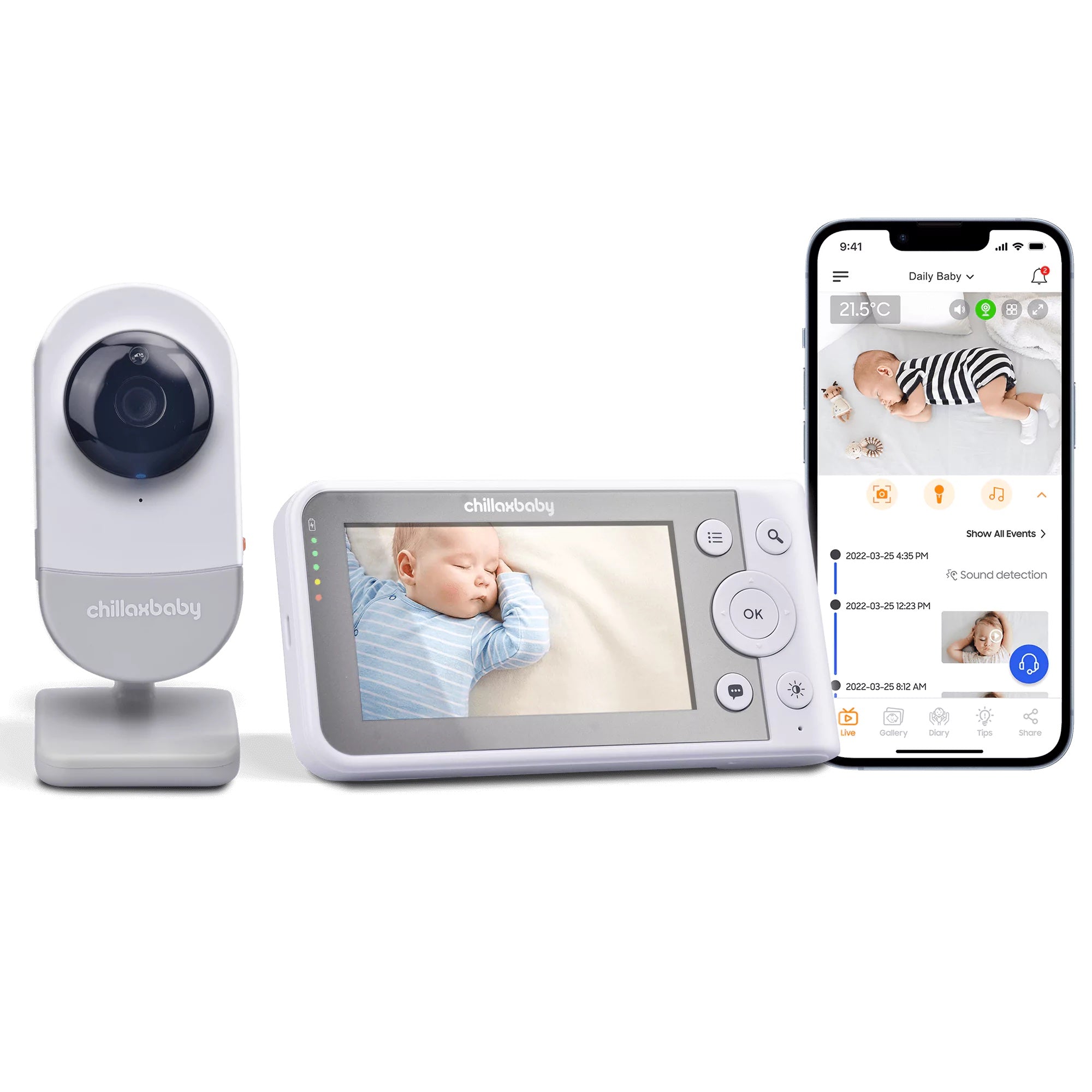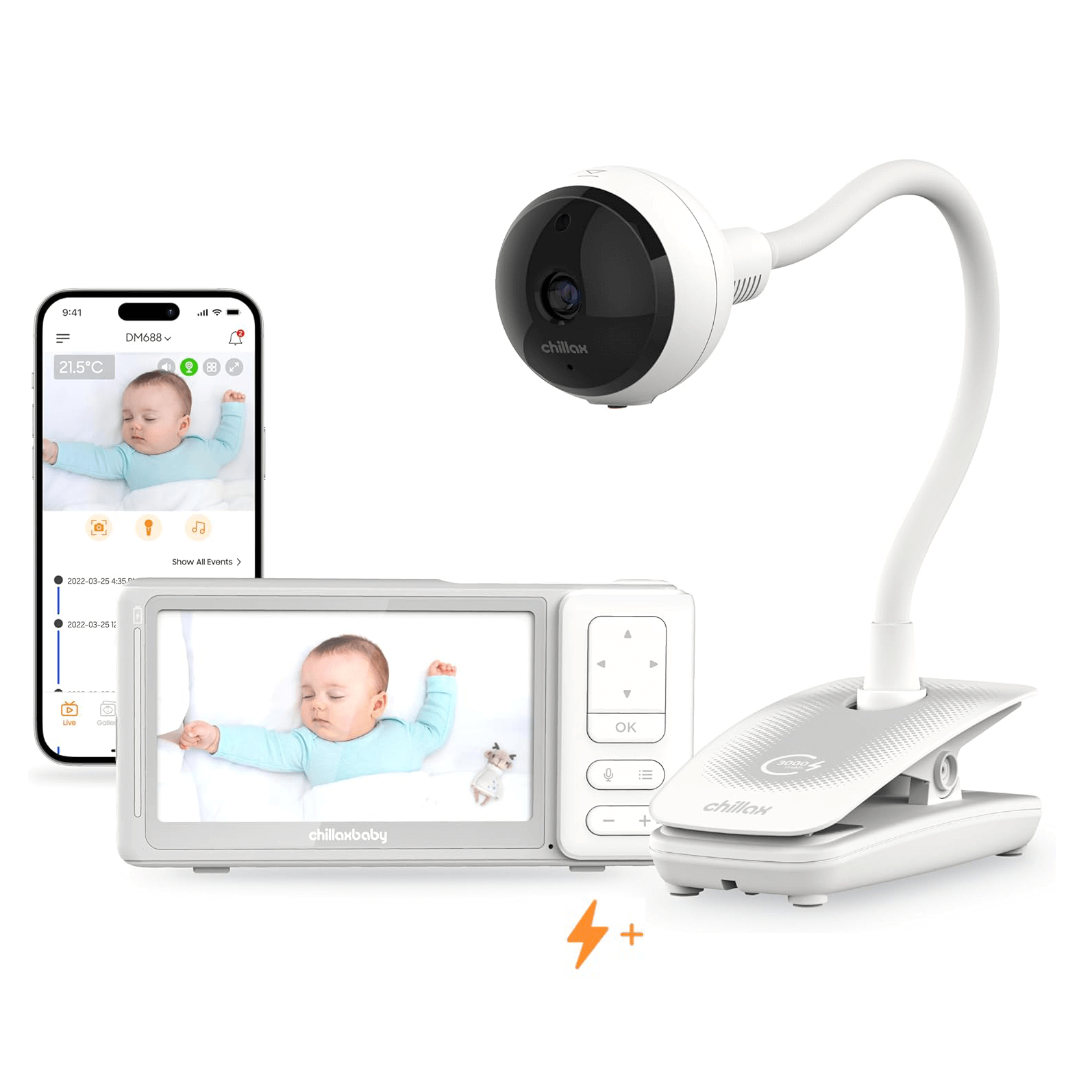New parents often wonder when their tiny baby stops being a newborn. The answer depends on who you ask, but most experts agree on a clear timeline.
The Medical Definition
Doctors consider babies newborns from birth until they reach 28 days old. After 28 days, your baby becomes an infant. This four-week period marks important changes in your baby's development and health needs.
The 28-day mark exists for good reasons. During these first weeks, babies face higher risks of certain health problems. Their immune systems are still developing, and they need special care and monitoring.
Why the 28-Day Mark Matters
Physical Development
Your baby changes a lot in those first four weeks. They lose their initial birth weight and then start gaining it back. Their sleep patterns begin to form, though they still sleep most of the day.
Medical Care
Pediatricians schedule more visits during the newborn period. Your baby needs several checkups in the first month to track growth and catch any problems early.
Feeding Patterns
Whether you breastfeed or bottle-feed, your baby's eating habits become more predictable after the first month. They can go longer between feeds and take in more milk at each feeding.
Other Common Definitions
Two Months (8 Weeks)
Some people consider babies newborns until they reach two months old. This timeline matches when babies often get their first vaccines and start showing more personality.
Three Months (12 Weeks)
Parents sometimes use the three-month mark because babies go through major changes around this time. They smile more, sleep for longer stretches, and become more alert during awake periods.
What Changes After the Newborn Stage
Sleep Improvements
After one month, many babies start sleeping for longer periods at night. This helps parents get more rest too.
Social Development
Babies begin to focus their eyes better and may start following objects with their gaze. They respond more to voices and faces.
Feeding Changes
Your baby's stomach grows, so they can drink more milk at each feeding. This means fewer feedings throughout the day and night.
Physical Growth
Babies gain weight more steadily after the first month. Their movements become less jerky and more controlled.
Medical Milestones to Watch
Weight Gain
Your baby should regain their birth weight by two weeks old. After that, they gain about 5-7 ounces per week.
Cord Healing
The umbilical cord stump falls off between 7-21 days after birth. Once it heals, you can give your baby regular baths.
Feeding Success
By one month, breastfeeding should feel more natural if you chose this option. Bottle-fed babies should take bottles without problems.
When to Call Your Doctor
Contact your pediatrician if your newborn shows these signs:
- Poor feeding or refusing to eat
- Fever over 100.4°F (38°C)
- Signs of dehydration like fewer wet diapers
- Trouble breathing or blue lips
- Extreme fussiness or lethargy
Tips for the Newborn Period
Create Routines
Start simple routines for feeding and sleeping. This helps your baby feel secure and makes your days more predictable.
Ask for Help
Don't hesitate to call your pediatrician with questions. This period can feel overwhelming, and getting support is important.
Take Care of Yourself
Rest when your baby sleeps. Eat well and accept help from family and friends. Taking care of yourself helps you care for your baby.
Track Development
Keep notes about feeding, sleeping, and diaper changes. This information helps your doctor track your baby's progress.
The Bottom Line
Your baby stops being a newborn at 28 days old according to medical standards. However, every baby develops at their own pace. Some babies reach important milestones earlier or later than others.
The newborn period brings rapid changes and special care needs. Your baby will continue growing and developing throughout their first year, with each stage bringing new joys and challenges.
Focus on enjoying this special time while keeping track of your baby's health and development. When in doubt, trust your instincts and contact your healthcare provider for guidance.
Remember that becoming a parent is a learning process. Each day with your baby teaches you something new about their needs and personality. The newborn stage passes quickly, so try to savor these precious early weeks together.

